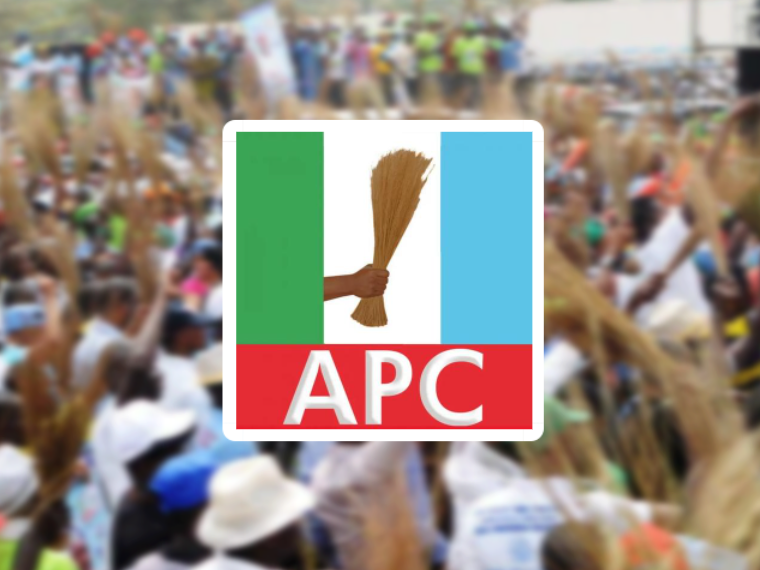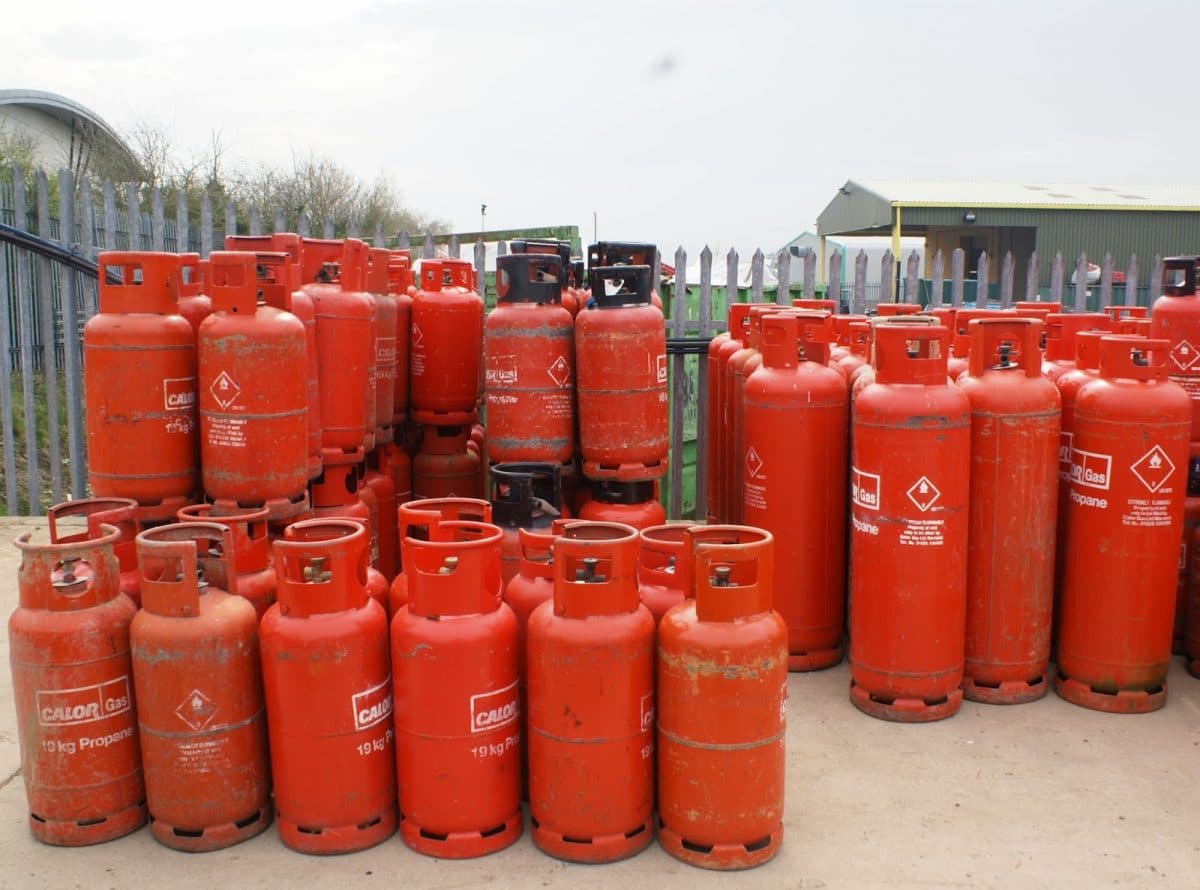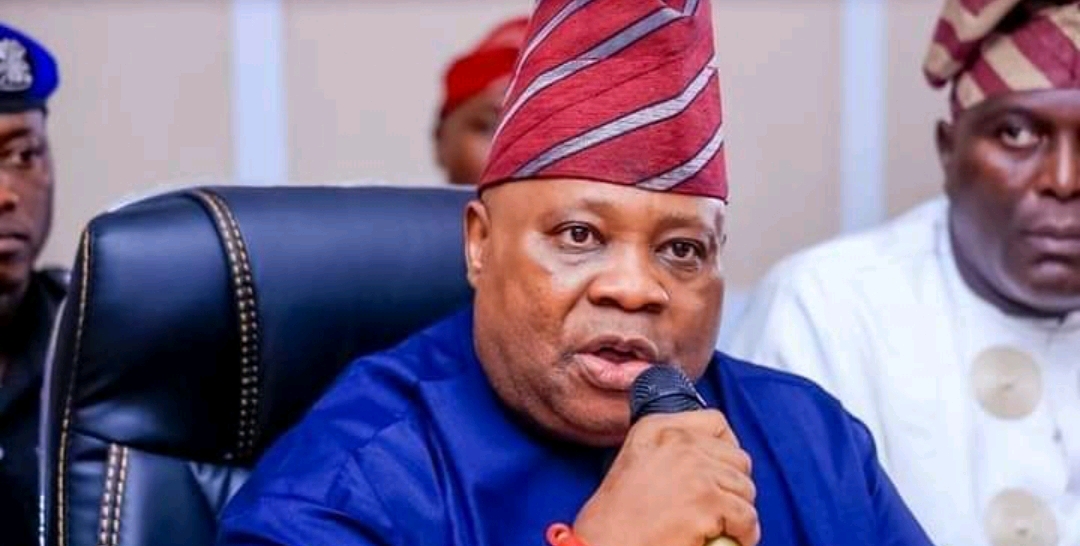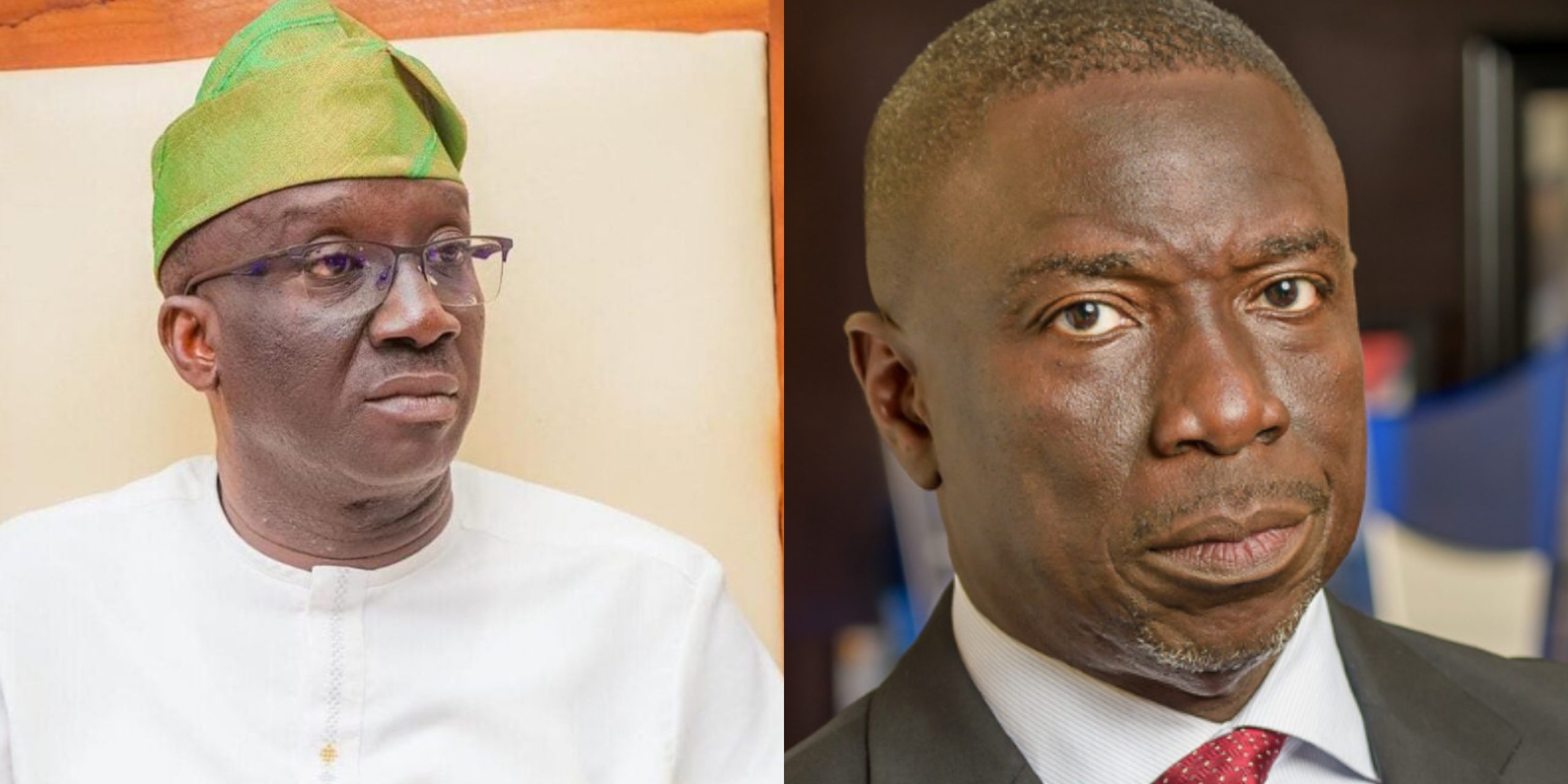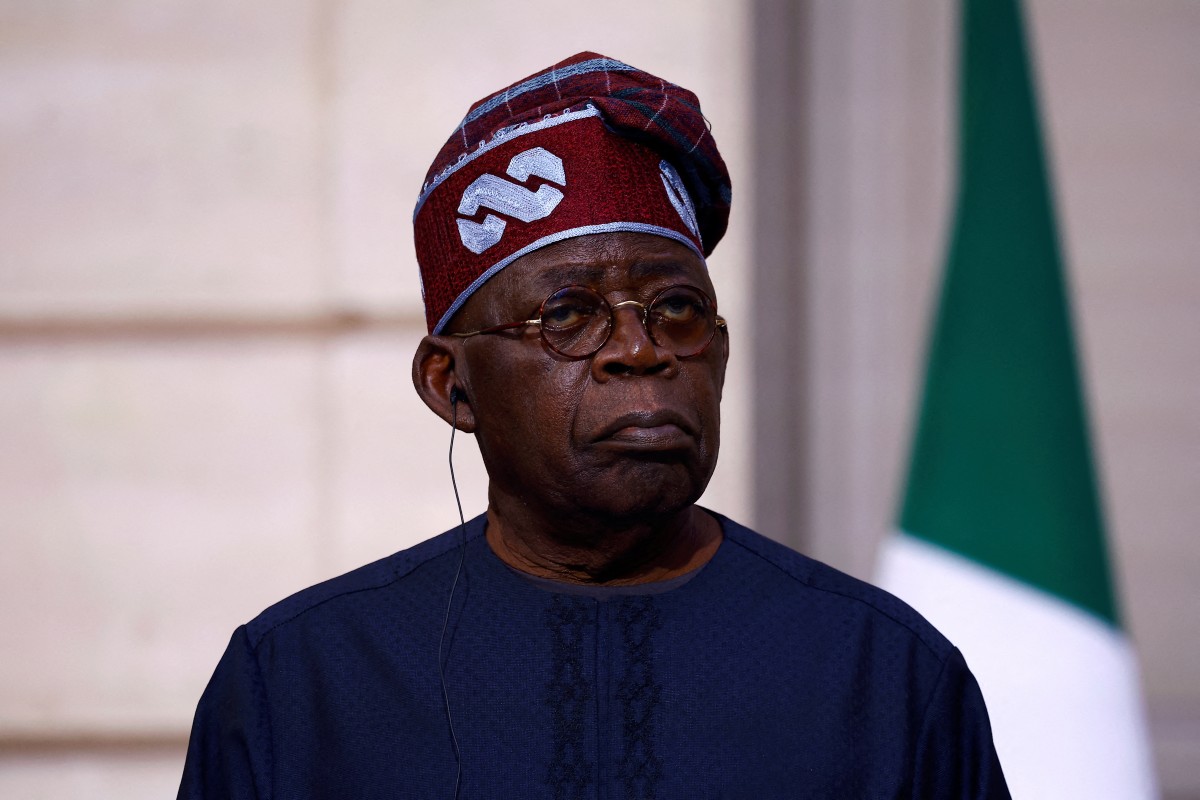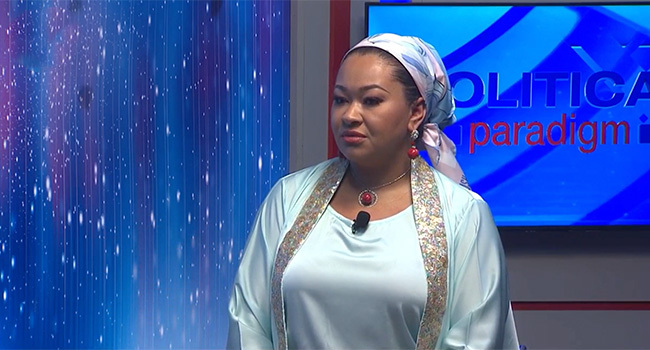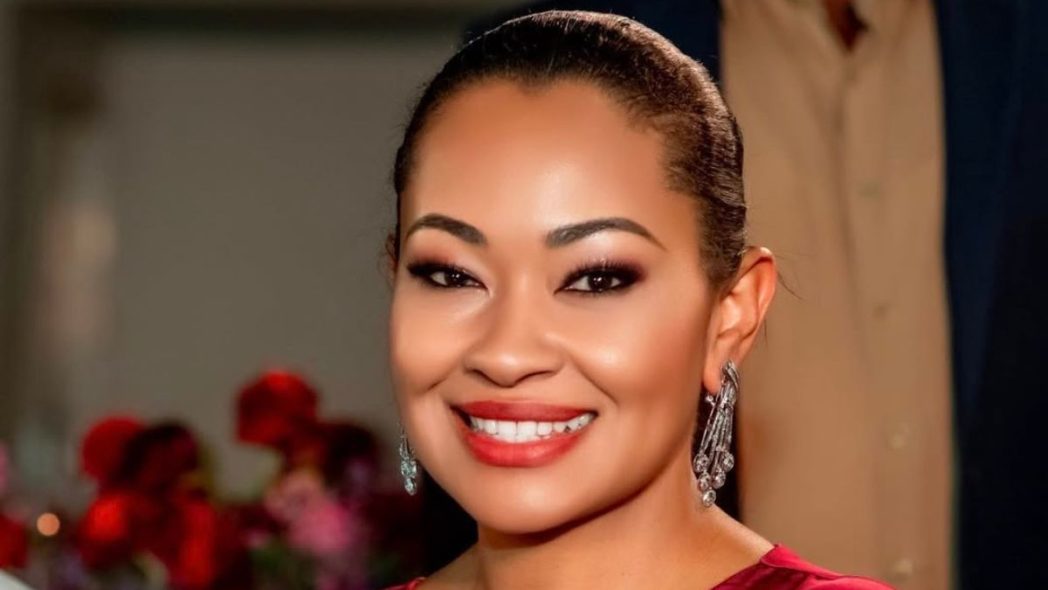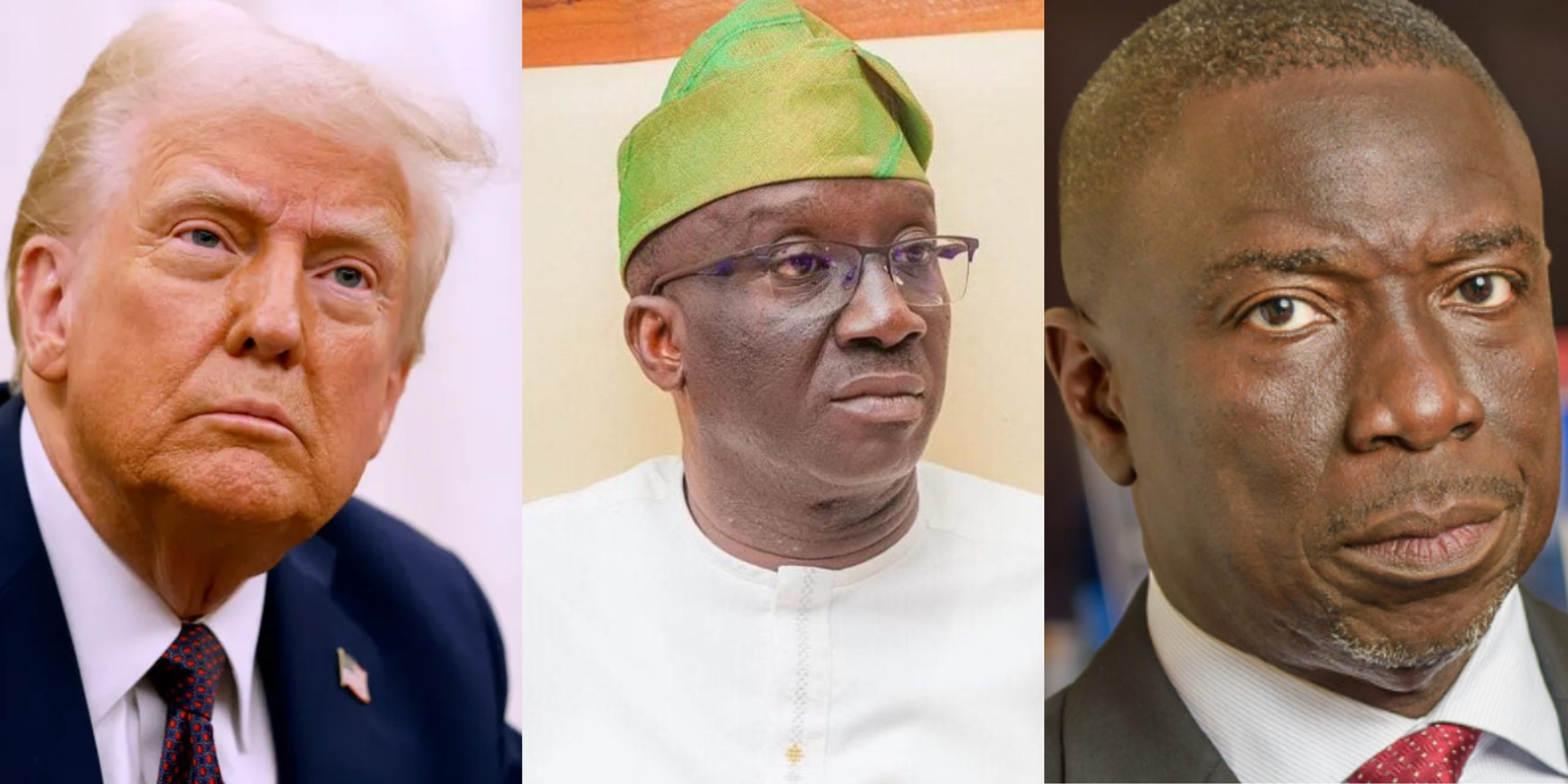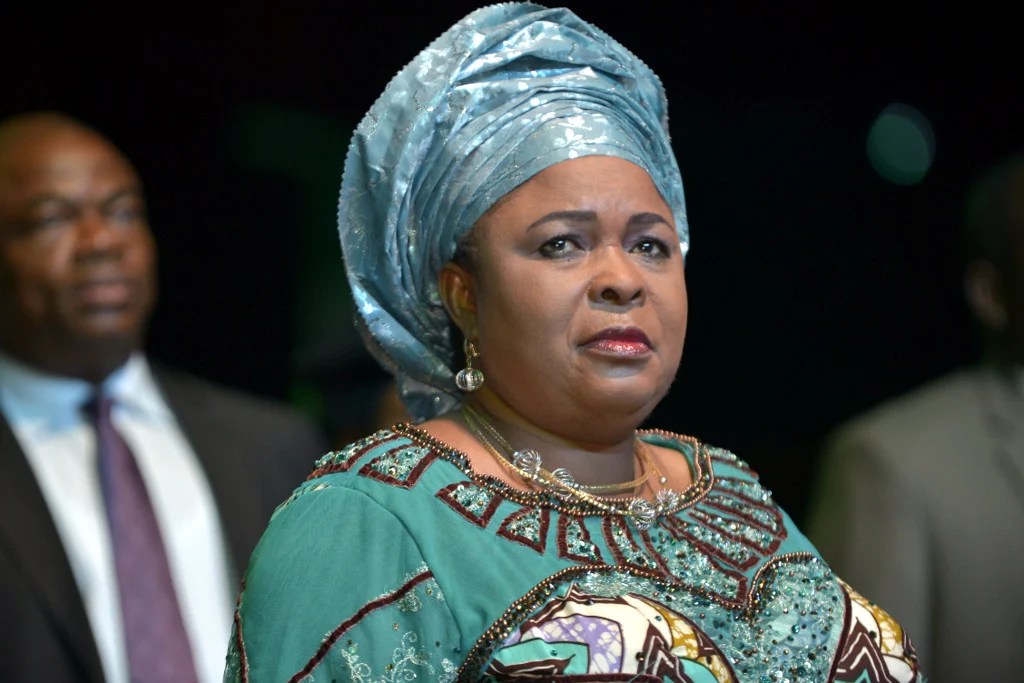National chairman of the All Progressives Congress (APC), Abdullahi Ganduje on Sunday revealed that the party is already strategizing on how to consolidate its presence across more states.
He said this while congratulating Ondo State governor, Lucky Aiyedatiwa on his election victory.
The ruling All Progressives Congress (APC) has already solidified its dominance in 19 states.
Opposition parties, particularly the Peoples Democratic Party (PDP), is facing the daunting task of reclaiming lost states.
However, their repeated failures may be traced to several internal crisis and strategic issues.
States Under APC’s Control And Their Governors
1. Benue – Reverend Hyacinth Alia
2. Borno – Babagana Zulum
3. Cross River – Bassey Otu
4. Ebonyi – Francis Nwifuru
5. Edo – Monday Okpebholo
6. Ekiti – Biodun Oyebanji
7. Gombe – Mohammed Yahaya Inuwa
8. Imo – Hope Uzodinma
9. Jigawa – Umar Namadi
10. Kaduna – Uba Sani
11. Katsina – Dikko Umar Radda
12. Kebbi – Nasir Idris
13. Kogi – Usman Ododo
14. Kwara – Abdulrahman Abdulrazak
15. Lagos – Babajide Sanwo-Olu
16. Nasarawa – Abdullahi Sule
17. Ogun – Adedapo Abiodun
18. Ondo – Lucky Aiyedatiwa
19. Sokoto – Ahmed Aliyu
Ganduje stated that the focus would now shift to gaining political control in Osun and Oyo states.
“Our next target is this geo-political zone, the southwest geo-political zone, and you know we are good in hitting our targets, that is Osun State and Oyo State. We assure you that we will do all what is possible to bring them into the fold so that we have political homogeneity in the southwest geo-political zone”, he said.
But Nigerians should brace up because this focus could soon extend to additional states in the Southeast and South-South regions.
The PDP, once Nigeria’s dominant party, has seen a steady decline in its influence. Several factors including internal crises, poor strategic planning, loss of trust, failure to build coalition contribute to this trend.
For a party that once held sway in Nigeria’s political sphere, the PDP has struggled to find its footing since its historic loss in 2015.
The 2027 general election presents an opportunity for the PDP to change this narrative, but this will require more than just rhetoric.
It will necessitate a deliberate and strategic approach, anchored on unity, vision, and a comprehensive policy agenda that addresses the needs and aspirations of the Nigerian people.

